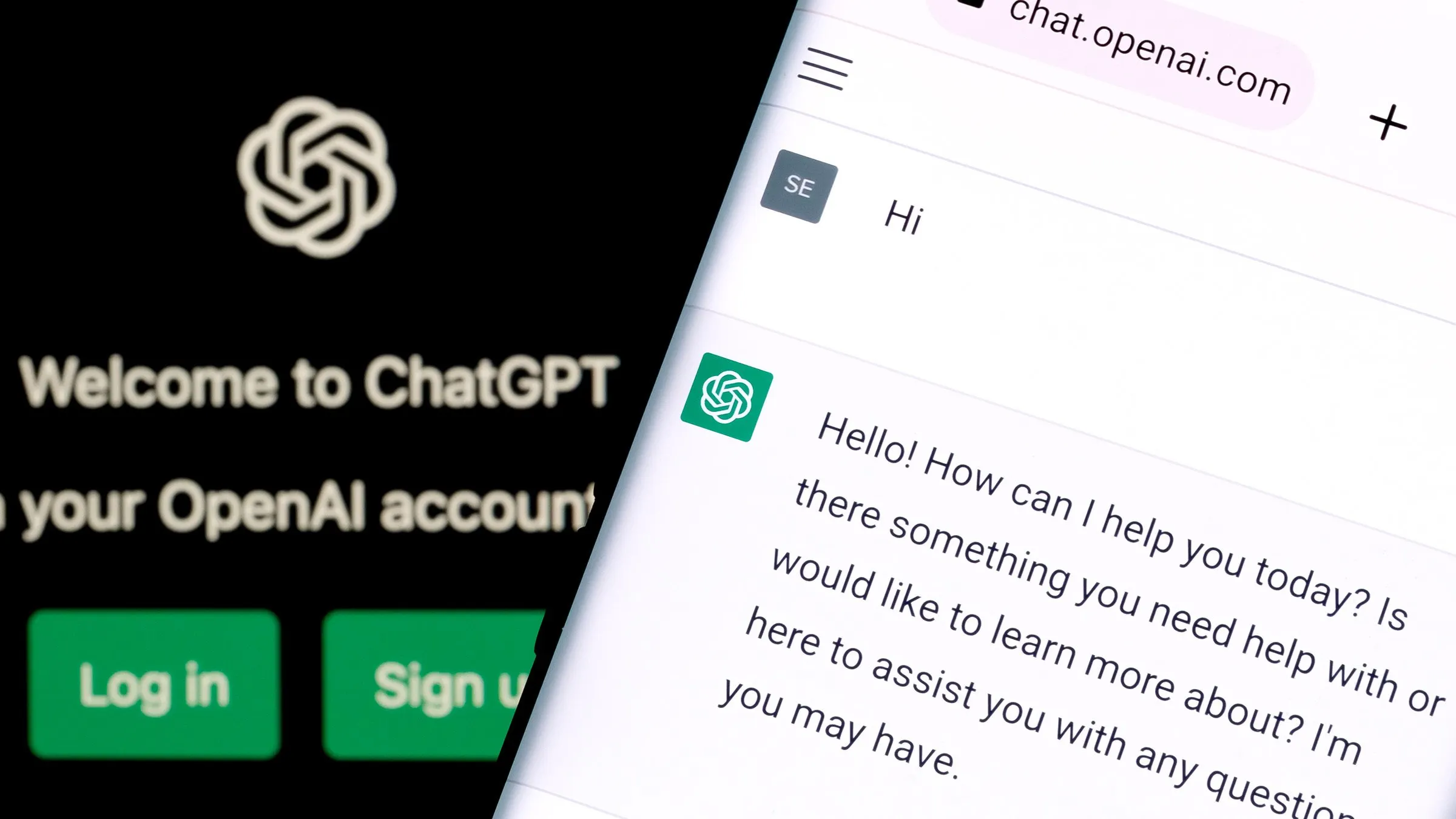The Center for AI and Digital Policy filed a formal complaint with the U.S. Federal Trade Commission, accusing OpenAI—creator of the wildly popular ChatGPT—of violating section five of the FTC Act that targets deceptive and unfair practices.
“The FTC has a clear responsibility to investigate and prohibit unfair and deceptive trade practices,” the center’s founder and president, Marc Rotenberg, said in a statement. “We believe that the FTC should look closely at OpenAI and GPT-4.”
Not coincidentally, the FTC updated the act last month to include language directed at developers of artificial intelligence programs like OpenAI. The agency advised developers to avoid exaggerating their capabilities, making deceptive performance claims, or promising superiority over non-AI products without adequate proof.
The Center for AI and Digital Policy was established in 2020 under the Michael Dukakis Institute for Leadership and Innovation—founded by the former Massachusetts governor and failed Democratic U.S. presidential candidate—and is now a Washington, DC-based non-profit.
The FTC also warned developers to explore potential risks and impacts before launch.
“You need to know about the reasonably foreseeable risks and impact of your AI product before putting it on the market,” the agency wrote. “If something goes wrong—maybe it fails or yields biased results—you can’t just blame a third-party developer of the technology. And you can’t say you’re not responsible because that technology is a ‘black box’ you can’t understand or didn’t know how to test.”
Since 2017, the FTC has sounded the alarm about unethical uses of emerging technologies like artificial intelligence and blockchain, as the two have become more popular and mainstream.
The almost overnight popularity of GPT-4, the latest iteration of ChatGPT, has many questioning OpenAI’s rapid dominance of the industry. The Center for AI and Digital Policy is asking the FTC to investigate OpenAI to determine if the company has complied with the FTC’s rules.
The Center’s filing with the FTC comes days after several high-profile tech industry members—including Telsa and Twitter CEO Elon Musk—co-signed an open letter demanding a pause on developing AI systems like OpenAI’s GPT-4 platform.
“We call on all AI labs to immediately pause for at least 6 months the training of AI systems more powerful than GPT-4. This pause should be public and verifiable, and include all key actors,” the letter said. “If such a pause cannot be enacted quickly, governments should step in and institute a moratorium.”
The Center for Artificial Intelligence and Digital Policy is not alone in calling for investigations into AI’s rapid development and the need for rules. The United Nations Educational, Scientific and Cultural Organization (UNESCO) released its own statement Thursday calling for a “Global Ethical Framework.”
In November 2021, the 193 Member States of UNESCO’s General Conference voted to establish a global standard for artificial intelligence ethics by adopting the Recommendation on the Ethics of Artificial Intelligence. This framework aims to safeguard and advance human rights and dignity while serving as an ethical guide and foundation for promoting adherence to the rule of law in the digital realm.
“The world needs stronger ethical rules for artificial intelligence: this is the challenge of our time,” UNESCO Director-General Audrey Azoulay said.
Decrypt contacted the Center for AI and Digital Policy and OpenAI for comment but has not heard back.
Daily Debrief Newsletter
Start every day with the top news stories right now, plus original features, a podcast, videos and more.

